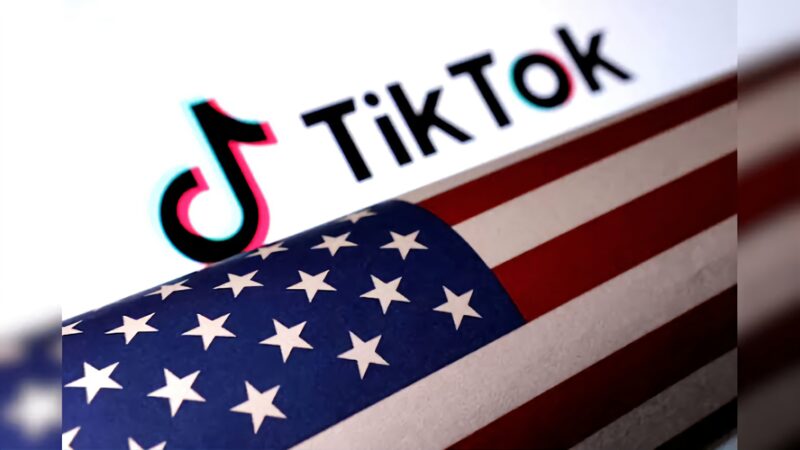In a move highlighting the growing concerns over social media’s impact on youth, more than a dozen U.S. states have filed a lawsuit against TikTok, accusing the platform of exacerbating a mental health crisis among teenagers.
The suit, which includes 14 attorneys general from various states, alleges that TikTok intentionally misleads the public regarding its safety and employs addictive features designed to keep children hooked, all while contributing to severe mental health issues in young users.
The lawsuit, filed in New York, represents the latest in a series of legal challenges the Tik-Tok has faced, particularly regarding its effects on youth. It follows Congress’s earlier move to push for a U.S. ban on the platform unless TikTok’s parent company, Bytedance, agrees to sell it.
Key Allegations in the Lawsuit
At the heart of the lawsuit is the assertion that Tik-Tok is fully aware of its harmful effects on the mental well-being of millions of American teenagers. The document alleges that the platform utilizes “compulsive use” techniques, which it continues to misrepresent as safe.
New York Attorney General Letitia James, one of the leading voices in the suit, specifically called attention to the way Tik-Tok promotes dangerous challenges that have led to injuries and even fatalities.
For example, James referenced the tragic case of a 15-year-old boy who died while “subway surfing” in New York City. His mother later found TikTok videos promoting such risky behavior on his phone, underscoring the role social media can play in such dangerous activities.
In a press statement, James said: “Young people across the country have been negatively impacted by TikTok’s addictive features. Some have been injured or died, while others suffer from increased anxiety, sadness, and depression as a result of the platform’s influence.”
Addictive Features and Harmful Content
The lawsuit highlights several specific features of TikTok that are deemed problematic. These include:
- Sleep Disruptions: The app’s notification system reportedly disrupts sleep cycles, prompting users to check their phones at all hours of the day.
- Vanishing Videos: The format encourages users to constantly revisit the app to avoid missing out on content, fostering obsessive behavior.
- Beauty Filters: Augmented reality filters allow users to alter their appearance, which critics argue contributes to poor body image and self-esteem issues among young people.
Additionally, the attorneys general argue that TikTok’s attempts to promote user-friendly features like screen-time limitations or parental controls are often ineffective. They assert that the social medias has grossly misrepresented the efficacy of these tools in addressing the harms associated with prolonged exposure to the app.
TikTok’s Response
In response to the lawsuit, TikTok expressed disappointment, maintaining that many of the claims were inaccurate or misleading. A spokesperson for the platform stated:
“We strongly disagree with these claims… We’re proud of the work we’ve done to protect teens and will continue to update and improve our product.”
The company also cited its ongoing efforts to introduce features that allow users to monitor their screen time and ensure they are exposed to age-appropriate content. Nevertheless, TikTok’s legal challenges continue to mount, with this case joining a series of state lawsuits centered on child safety and mental health.
The lawsuit filed against TikTok mirrors similar legal actions taken against other social media giants. Facebook and Instagram have faced their own accusations of negatively impacting young users’ mental health, particularly with the rise of harmful trends and addictive app designs.
Beyond state-level action, federal regulators, such as the Federal Trade Commission (FTC), have also launched investigations into TikTok’s practices. In August, the FTC accused the platform of violating child privacy laws, adding yet another layer to the legal scrutiny surrounding the app.
With over half of U.S. teenagers reportedly using TikTok multiple times a day, the platform’s influence on youth culture is undeniable. However, the legal battles and mounting concerns about its impact on mental health may significantly shape the future of how social media platforms are regulated in the U.S.
This lawsuit comes amidst an already turbulent period for TikTok, which is facing increasing political pressure in the U.S. to either alter its ownership structure or face a potential ban.
Congress passed legislation in April 2024 that could force TikTok’s parent company, Bytedance, to sell its U.S. operations or face being outlawed in the country. This move was driven largely by concerns about national security, as lawmakers fear that TikTok, under Chinese ownership, could pose risks to users’ data privacy.










Join our Channel...